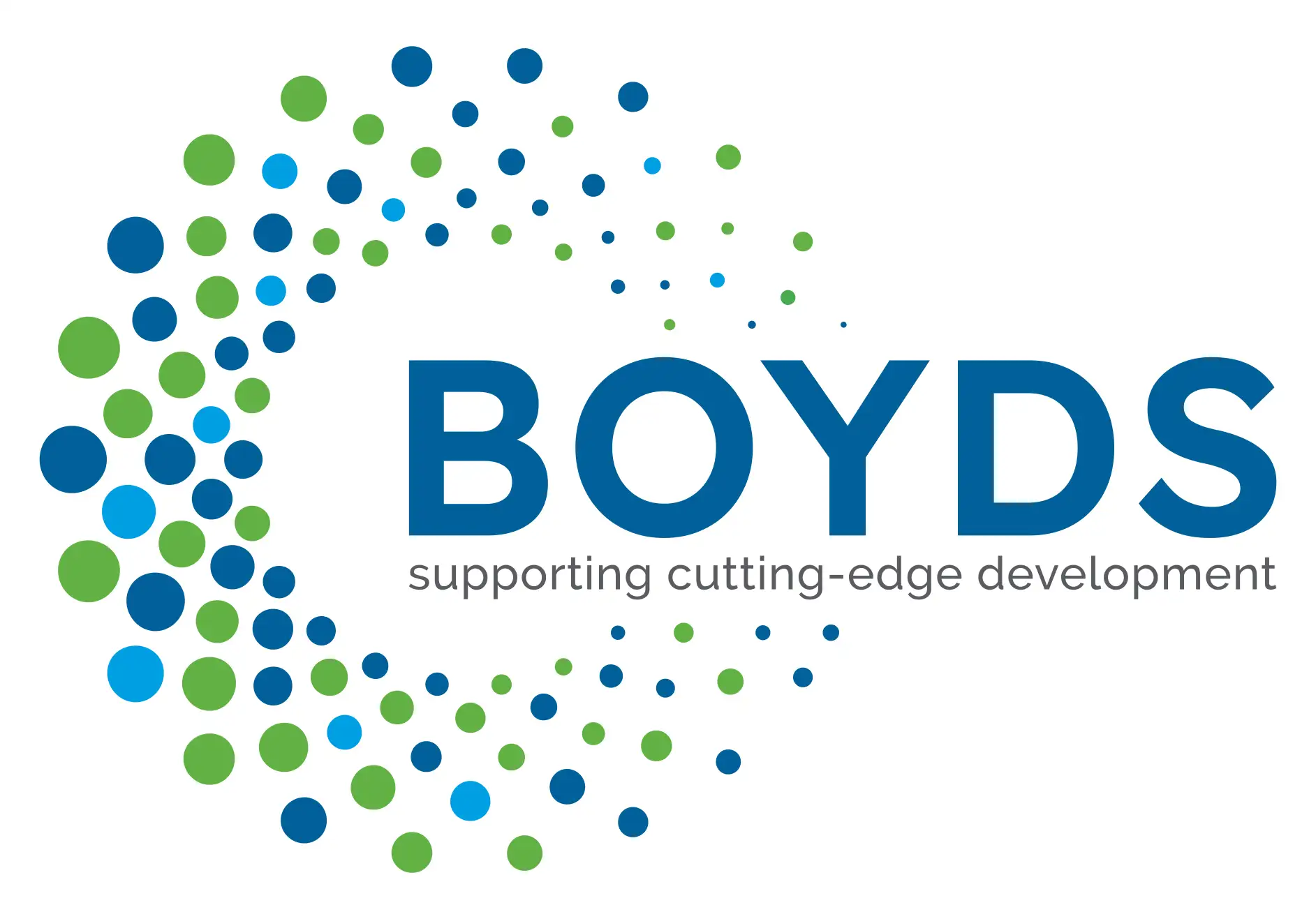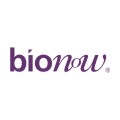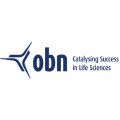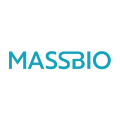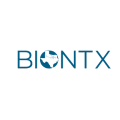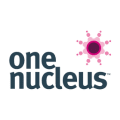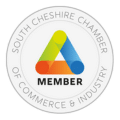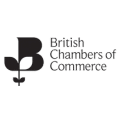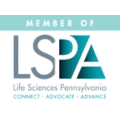In this three-part blog series, Dr Eric Hardter, Associate Director of Regulatory Affairs at Boyds, provides advice and guidance for sponsors on conducting FDA meetings and discusses ways of ensuring a productive outcome.
Part 3: Ensuring a Productive Meeting
Preliminary Commentary and the Race to the Finish Line
PDUFA commitments require the FDA to provide to sponsors preliminary written commentary in advance of a meeting, with the explicit timing dependent upon meeting type. This communication always includes a provision that if the commentary is satisfactory the sponsor can cancel the formal meeting, which may be appropriate if these initial responses possess broad FDA concurrence and/or are otherwise clear. However, it is generally suggested to proceed with holding the formal meeting for continued socialization of the IP development program. Upon this decision, the FDA Regulatory Project Manager will provide a weblink and related logistical items, and request from the sponsor a meeting agenda.
The agenda will describe the topics for discussion, which must link directly to FDA responses to numbered sponsor questions, or to additional numbered FDA commentary. It is recommended that no more than five prioritized topics are selected to fill 50 minutes of discussion (each topic should have a prescribed duration), with the remainder allotted for introductory and concluding remarks. Disciplinary subject matter expert respondents should be identified for each topic, and an individual should be selected to function in the meeting moderator role. This is an essential role, as the meeting moderator must have an overarching knowledge of the meeting materials and will marshal the proceedings to mitigate drift to discussion topics and timelines.
Sponsors also have the option to include a slide deck for an accompanying presentation during the meeting. While this is at sponsor discretion, there are tangible cons to this approach. The presentation may use up valuable meeting time, and it cannot contain new information not already provided in the briefing package. Unless sponsors believe the FDA may have missed or misinterpreted key data, they should trust that the reviewers have performed due diligence and have the necessary materials already in hand. It is instead preferable for the agenda to refer to meeting package content to orient meeting discussion.
Meeting Conduct
In some respects, discussion with the FDA should be treated similarly to a job interview. Business attire is encouraged given the formality of the setting, with tone and general conduct professional. Still, it is vital to understand that respectfulness is not akin to deference. The FDA are not the “regulatory police,” and have the same vested interest in advancing public health as drug developers. Perhaps more critically, sponsors and their associates are often some of the world’s leaders in the proposed clinical indication, as well as the subject matter experts of their IP. Discussion should therefore be viewed as a collaborative effort to further advancement of the sponsor’s IP development program.
Beyond the scientific discussion are the logistical considerations. Where possible, introductions to all parties should be avoided to save time, with discussants introducing themselves upon speaking. There should also be multiple individuals assigned as meeting scribes, and where possible every member of the sponsor’s party should be paying attention to the clock in the context of the proposed agenda.
Here again this shows the significance of the meeting moderator role. Concurrence is not always going to be reached between both parties, and responses may exist in the gray. “This may be acceptable” is a sequence of words likely heard at every FDA meeting. The meeting moderator needs to be able to read the room and move on to the next discussion topic instead of continuing to push for firm agreement.
Lastly, a meeting is not limited solely to sponsors and regulators. Patients, caretakers and other advocates can be present to provide brief but powerful anecdotal testimony, thereby adding a real-world element to the proceedings. Their contributions, often provided at the meeting’s outset, should be written down in advance and discussed with the sponsor for general appropriateness.
Post-Meeting Activities
An immediate debrief following the formal meeting is a best practice, as the discussion is still fresh in mind. Team agreement and understanding of key decision points should be achieved such that broad strokes for next steps can be implemented, and a decision can be made as to whether any further clarification is required. The collective sponsor meeting minutes should then be consolidated and submitted to FDA. Upon receipt of the FDA’s formal meeting minutes within 30 calendar days, they should be compared with sponsor notes for consistency.
Downstream of this, sponsors should establish the beginnings of a “response matrix” to FDA commentary. This matrix will restate sponsor questions and FDA responses and can effectively serve as a tracker for FDA requests or commitments. It will be a regulatory expectation that all commentary receives response and maps to future submission documentation accordingly.
Conclusion
As noted at the outset of this blog series, FDA meetings serve to de-risk known regulatory hurdles, and provide IP sponsors with specific advice. Feedback received will typically contain actionable information with a level of granularity not promulgated in regulation or guidance, and effectively represents the FDA’s current thinking. Holding formal meetings in advance of key lifecycle milestones, while following associated best practices each step of the way, should help ensure sponsors remain on track through development and towards licensure.
Check out part one and part two of this blog series.
Boyds has an award-winning team of regulatory affairs experts with many years of experience helping our clients achieve successful FDA submissions. Get in touch with one of our experts for personalised support in preparing for your FDA meeting.
